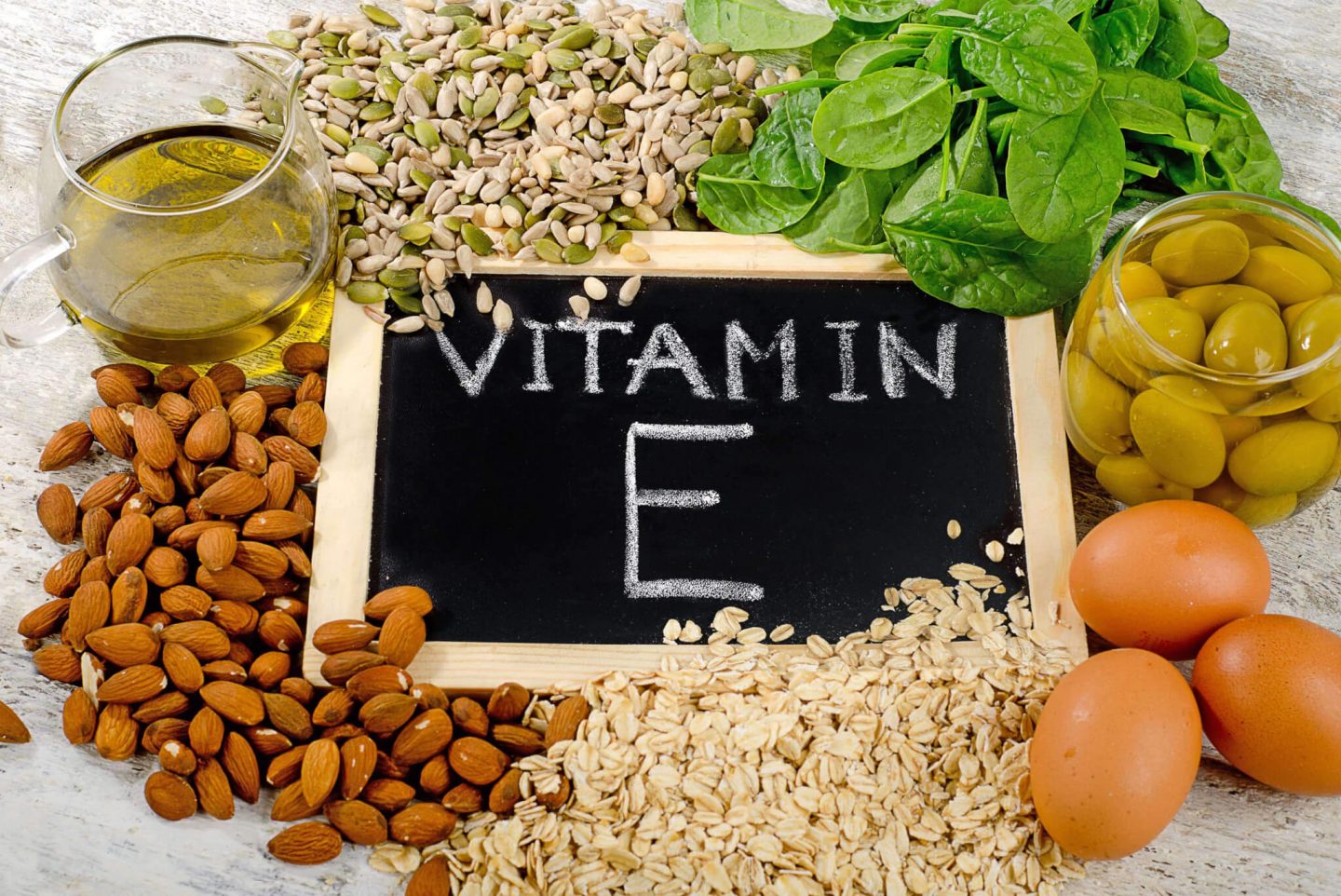What are the essential nutrients for men?
Good health is the cornerstone of a life filled with activity and vitality, and understanding the importance of vitamins and dietary supplements can have a significant impact on overall health. For men, vitamins contribute to supporting vital functions, maintaining energy levels, and enhancing physical and mental ability. In this article, we will discuss the essential vitamins that men should take daily, the health benefits associated with each of them, and how to ensure getting the recommended doses.
1. Vitamin D
The importance of Vitamin D:

Vitamin D is one of the essential vitamins that plays an important role in general health. It helps enhance the absorption of calcium and phosphorus from food, supporting bone and dental health. It also plays a role in enhancing immune function and preventing chronic diseases.
Bone health: Vitamin D helps in the absorption of calcium, which is essential for maintaining bone strength and preventing osteoporosis.
Immune enhancement: Vitamin D enhances the body's ability to resist diseases by supporting the immune system.
Mental health: Some studies suggest that Vitamin D may play a role in improving mood and preventing depression.
Sources of Vitamin D: Vitamin D can be obtained through direct sunlight exposure, but in some cases, it may be necessary to take Vitamin D supplements to ensure getting enough. Dietary sources of Vitamin D include fatty fish such as salmon and mackerel, eggs, and fortified milk.
2. Vitamin B12
The importance of Vitamin B12:

Vitamin B12 is essential in the formation of red blood cells and maintaining nerve health. Vitamin B12 plays a vital role in metabolism and DNA formation.
Blood health: Vitamin B12 contributes to the production of red blood cells, helping prevent anemia.
Nerve health: It plays a role in maintaining nerve health and enhances the function of the nervous system.
Energy boost: Vitamin B12 helps convert food into energy, supporting overall energy levels.
Sources of Vitamin B12: Vitamin B12 is primarily found in animal products such as meat, fish, eggs, and milk. For those following a vegan diet, Vitamin B12 supplements may be necessary to ensure getting enough.
3. Vitamin C
The importance of Vitamin C:

Vitamin C is a powerful antioxidant that enhances the health of the immune system and boosts the body's ability to fight inflammation. It also plays a role in supporting skin and tissue health.
Immunity boost: Vitamin C helps enhance the body's ability to fight infections and viruses.
Skin health: It plays a role in collagen production, an important protein for maintaining skin health.
Antioxidant: Vitamin C helps combat damage caused by free radicals, which can reduce the risk of chronic diseases.
Sources of Vitamin C: Dietary sources of Vitamin C include fruits such as oranges, kiwis, and strawberries, and vegetables such as bell peppers and broccoli.
4. Vitamin A
The importance of Vitamin A:

Vitamin A is an important vitamin for eye health, and it enhances skin and immune system health.
Eye health: Vitamin A plays a role in maintaining eye health and preventing vision problems.
Skin health: Vitamin A enhances skin cell renewal, contributing to healthy skin.
Immune enhancement: Vitamin A supports immune system function and enhances the body's ability to resist diseases.
Sources of Vitamin A: Vitamin A can be obtained from foods rich in beta-carotene such as carrots, sweet potatoes, and spinach. It is also found in animal products such as liver and eggs.
5. Vitamin E
The importance of Vitamin E:

Vitamin E is a powerful antioxidant that contributes to protecting cells from damage caused by free radicals.
Antioxidant: Vitamin E helps protect cells from damage caused by free radicals, reducing the risk of chronic diseases.
Skin health: It plays a role in maintaining skin health and hydration.
Sources of Vitamin E: Dietary sources of Vitamin E include nuts, seeds, and plant oils such as almond oil and olive oil.
6. Vitamin K
The importance of Vitamin K:

Vitamin K plays an essential role in the blood clotting process and bone health.
Blood clotting: Vitamin K helps regulate the blood clotting process, reducing the risk of excessive bleeding.
Bone health: It plays a role in maintaining bone health by enhancing calcium absorption.
Sources of Vitamin K: Vitamin K can be obtained from leafy vegetables such as spinach, kale, and broccoli. It is also found in some fermented foods such as sauerkraut.
7. Vitamin B6
The importance of Vitamin B6:

Vitamin B6 plays an important role in metabolism and nervous system health.
Metabolism: Vitamin B6 contributes to converting food into energy, enhancing overall energy levels.
Nervous system health: Vitamin B6 helps support nervous system and brain health.
Sources of Vitamin B6: Vitamin B6 can be found in foods such as meat, fish, potatoes, and bananas.
8. Fat-soluble vitamins versus water-soluble vitamins
Vitamins can be classified into two categories: fat-soluble vitamins and water-soluble vitamins.
Fat-soluble vitamins include Vitamin A, D, E, and K, which are stored in the body's fat cells and liver for later use.
Water-soluble vitamins include Vitamin C and the B-vitamins, which the body does not store and must be replenished regularly through diet.
Conclusion
Essential vitamins play a critical role in maintaining the overall health of men. By ensuring a proper diet that includes a variety of essential vitamins, men can support their physical, mental, and immune health. It is always a good idea to consult a healthcare professional before starting any supplement regimen to ensure it meets your individual needs.







